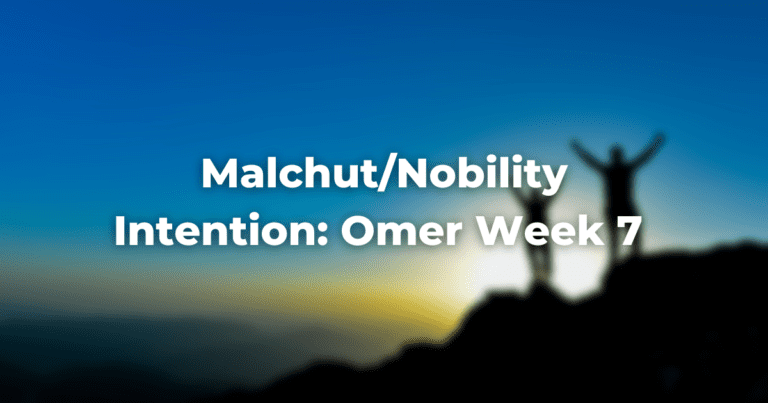I remember one Shabbat not too long ago, I spent the evening eating, talking, and laughing without any interruptions with my family, thinking how amazing it is that I can concentrate for one day a week on being instead of doing. That simple moment of pause reminded me how transformative Shabbat can be — a chance to step away from the busy-ness of life and truly rest among my loved ones.
In today’s world, it feels like the pace never slows down. Between school, sports, social media and friendships, there’s always something demanding our attention.
That’s why Shabbat is such an incredible gift. It’s a time to pause, reflect, and reconnect with what truly matters.
But what makes resting on Shabbat so special?
And why does Judaism place such importance on it?
Shabbat Gives Us Permission to Stop
Shabbat gives us permission to stop and breathe. Life can be exhausting, and we all need a break.
It’s not just about physical rest — it’s about recharging spiritually and emotionally. Imagine a day where there’s no pressure to achieve or perform, just a chance to be yourself.
On Shabbat, we set aside our devices and daily distractions to focus on the people around us. You may feel that putting all of your chores and distractions aside for 25 hours is a big toll to pay, but remember: it’s not about what you’re giving up; it’s about the opportunity to get all the good things and feelings that in day-to-day life you don’t always have the time for.
Whether it’s a meal with family or spending screen-free time with friends — talking, playing, singing; Shabbat offers quality time that strengthens relationships and can give us energy for the rest of the week.
Shabbat is Real Freedom
In Deuteronomy 5:15, the TorahRefers to the first five books of the Hebrew Bible, the Tanakh, also called the Five Books of Moses, Pentateuch or the Hebrew equivalent, Humash. This is also called the Written Torah. The term may also refer to teachings that expound on Jewish tradition. connects Shabbat to the Exodus from Egypt. Just as G-d freed the Israelites from slavery, Shabbat frees us from the grind of daily life. By resting, we remind ourselves that we are not slaves to anything, not homework, schedules, or social media.
Resting on Shabbat is also an act of trust. It’s a way of saying to yourself that you are capable of achieving anything, even without being alert for one day. This practice strengthens our faith in G-d as the ultimate provider and caretaker.
Additionally, Shabbat is described as “Kodesh,” a day set apart and made holy. Exodus 20:8-11 teaches us to “remember the Sabbath day and keep it holy,” making Shabbat a cornerstone of Jewish life. By resting, we create a sacred space in our week, reflecting on who we are and what’s most important in life.
God Rested on Shabbat, Shouldn’t We?
The commandment to rest on Shabbat is rooted in the Torah, where we learn about its significance. In Genesis 2:2-3, after six days of creation, G-d rested on the seventh day and sanctified it. Like God who rested on the seventh day, we too rest on the seventh day, sanctifying the seventh day and recognizing the unique status of the Sabbath as a day of rest and reflection.
How Can You Embrace Shabbat?
Start small by turning off your phone for a few hours on Shabbat. Notice how it feels to step away from the constant buzz of notifications.
Spend time on activities that bring you joy—reading, playing board games, enjoying a nice walk outside or just relaxing. Use some quiet time to think about your goals, values, and the things you’re grateful for. Shabbat is the perfect opportunity for personal growth and introspection. Learning the Torah portion with friends, family or even alone, can also be a great way to spend some time on the holy day.
Shabbat is an Opportunity
Shabbat isn’t about restrictions; it’s about freedom. It’s a chance to step away from the noise and reconnect with yourself, your loved ones, and G-d. By resting on Shabbat, you honor your Jewish identity and open the door to a richer, more meaningful life.So this week, why not give it a try?
You might just find that Shabbat is the best day of the week.
Author
-

Tsvia Weisberger, I am a second year rabbinical student at the Shechter Institute for Rabbinic Training in Jerusalem. I have a BA in Bible and Jewish studies and a MA in Jewish education from the Hebrew University. I am a teacher and educator at the Jerusalem Academy of Music and Dance high school and in other settings.
View all posts






